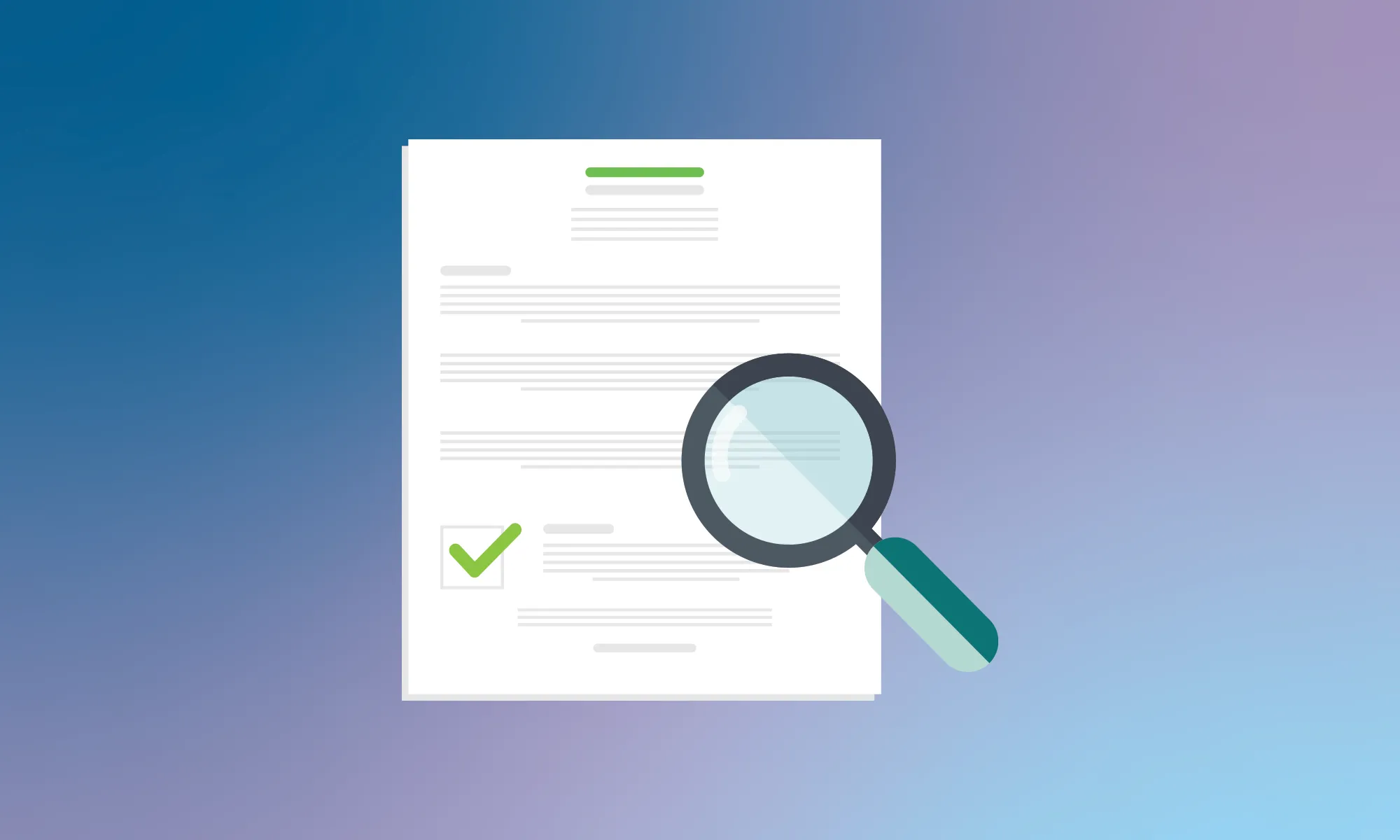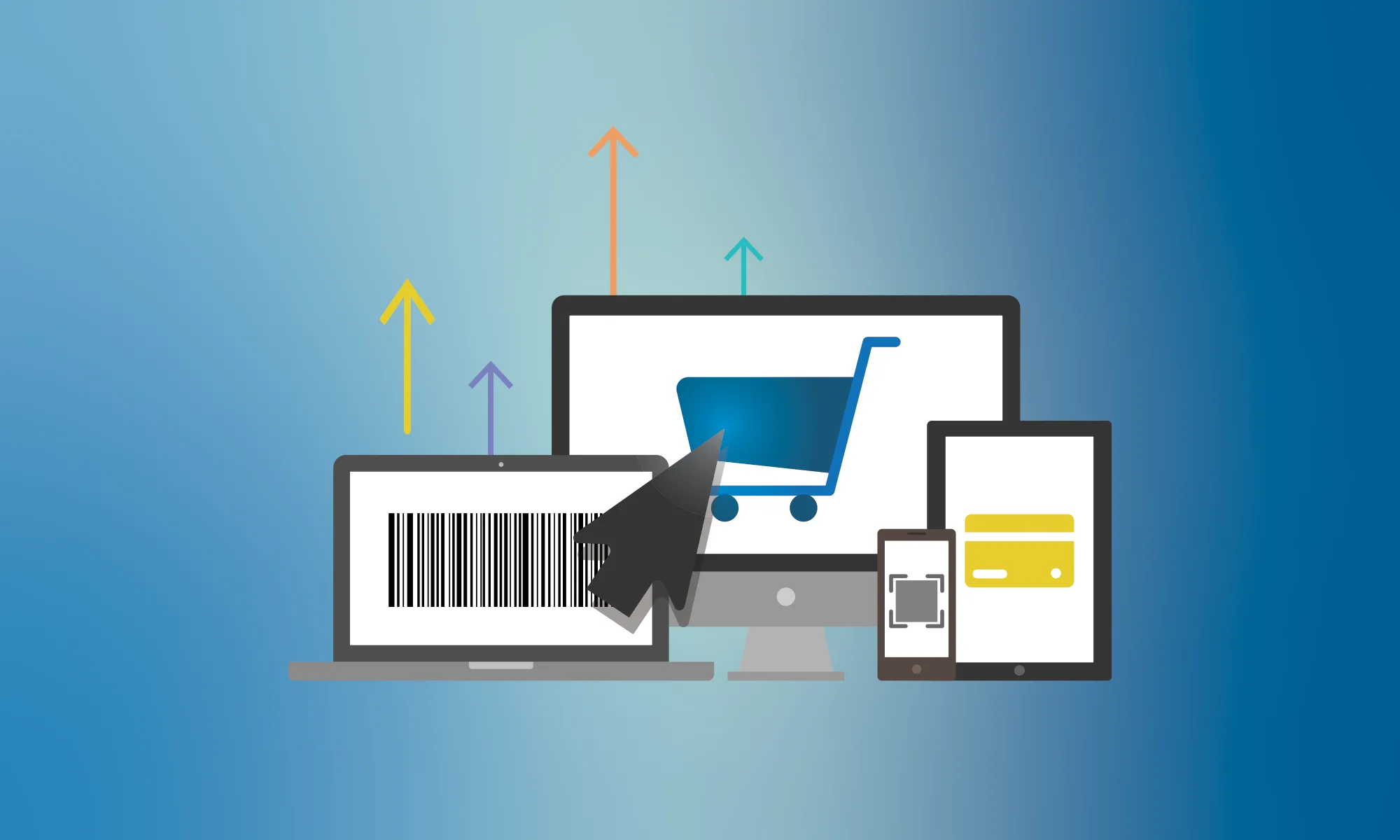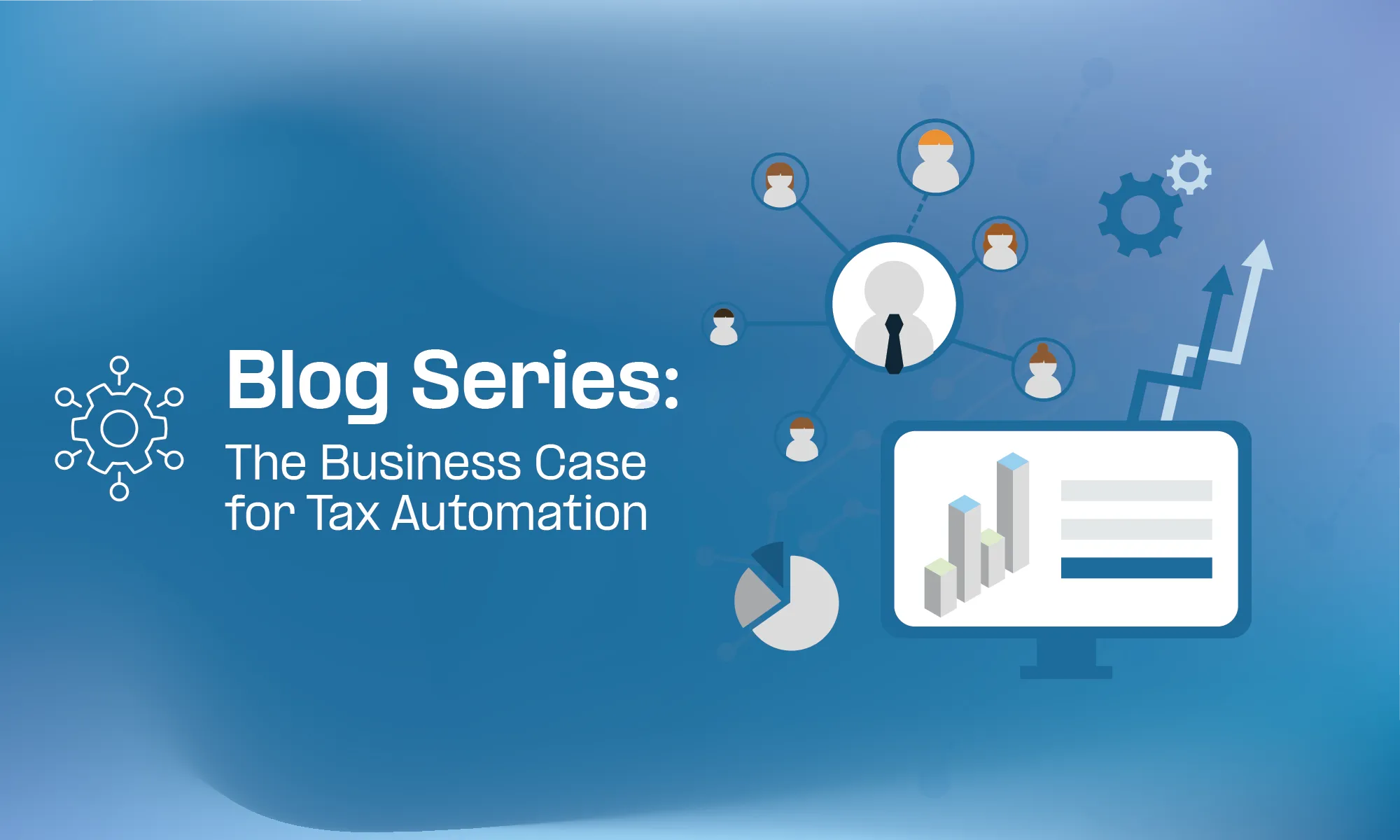Croatia VAT Guide for International Businesses
Summary
Standard VAT Rate
25%
Digital Reporting Requirements / E-invoicing
Yes
Sales Tax on Cross-Border Electronically Supplied Services
Yes
Tax Authority Website
Ministry of Finance - Tax Administration (Porezna Uprava Ministarstvo Financija)
VAT Rates in Croatia
The standard VAT rate (”Porez na dodanu vrijednost” (PDV)) in Croatia is 25%, with some services exempt from Croatian VAT, such as postal service, hospital services, health care services, and financial services.
VAT Registration Thresholds in Croatia
- VAT registration threshold for domestic established sellers: As of January 1, 2025, EUR 60,000 in annual turnover
- VAT registration threshold for non-established sellers: no VAT registration threshold for non-established sellers
- VAT registration threshold for intra-EU distance selling of goods and B2C telecommunications, broadcasting & electronic services (TBE): EUR 10,000 (net) per calendar year
- VAT registration threshold for non-resident, non-EU based suppliers of Electronically Supplied Services (ESS): No registration threshold
Croatian VAT Number Format
The Tax Administration of the Ministry of Finance assigns Personal Identification Numbers (OIB) as unique identifiers for both individuals and businesses. OIB is assigned to the following persons:
- Croatian citizens by birth or by the acquisition of Croatian citizenship;
- Legal entities established in Croatia;
- Foreign natural persons and legal entities when there is a basis for their surveillance in the Republic of Croatia (registration in public records and acquisition of the taxpayer's status).
- For individuals, the Personal Identification Number (OIB) consists of 11 digits.
- For businesses, the Personal Identification Number (OIB) consists of 11 digits.
VAT on Electronically Supplied Services (ESS) in Croatia
Digital services in the European Union (EU) are often referred to as Electronically Supplied Services (ESS). Croatia applies the harmonized EU VAT rules for ESS.
- For B2B supplies of such services, the general place of supply rule for services has to be taken into consideration.
- For B2C supplies, the EU ESS rules should apply to foreign companies selling to Croatian consumers (B2C).
Under the EU’s B2C ESS rules, until the sales value reaches EUR 10,000 (including distance sales of goods), the seller can charge VAT where it is resident. Once the sales exceed the threshold, the seller should register for VAT in Croatia, or it can choose to account for the VAT under the EU’s One Stop Shop (OSS) regime.
VAT Rate: 25% VAT is typically applied to the sale of affected Electronically Supplied Services
Will your business need to pay VAT on digital services in Croatia in 2024?
Learn More About VAT on Digital Services in Croatia
Marketplace & Platform Operator Rules in Croatia:
Croatia applies the harmonized European Union’s (EU) VAT rules for marketplace & platform operators.
Supply of goods
A marketplace is deemed to have received and supplied the goods themselves. This transaction is split into two supplies:
- A supply from the underlying supplier to the marketplace (deemed B2B supply)
- A supply from the marketplace to the final customer (deemed B2C supply).
This rule covers the following:
- Distance sales of goods imported to the EU with a value not exceeding EUR 150
- Supplies of goods to customers in the EU, irrespective of their value, when the underlying supplier is not established in the EU (both domestic supplies and distance sales within the EU are covered).
Supply of services
When Electronically Supplied Services are sold through an intermediary, e.g. a marketplace for applications, the intermediary is deemed to have received and supplied the services themselves. Therefore, the VAT liability shifts to the intermediary from the underlying supplier.
Invoice Requirements in Croatia
According to the Croatian VAT Act, invoices should contain the following data:
- Document & general transaction information
- Issuance date
- Invoice number
- Delivery date or the date of receipt of an advance payment if this date is prior to the invoice issue date
- Supplier information
- Name, address, OIB or VAT ID number
- Customer information
- Name, address, OIB or VAT ID number
- Financial transaction information
- Quantity and description or type of the goods delivered or services performed
- Net unit price
- Discounts or rebates if they are not included in the unit price
- VAT rate and VAT amount
- Total gross amount
- Additional information that may be required:
- Reference to VAT exemption
- Reference to Margin scheme — Travel agents
- Reference to Margin scheme — Works of art or Margin scheme — Collector’s items and antiques
- Reference to self-billing
- Reference to reverse charge mechanism
- Tax representative data: name, address, OIB or VAT ID number
Simplified Invoice Requirements
The taxpayer may issue a simplified invoice if the total amount of the invoice does not exceed EUR 100. Such an invoice should contain the following information:
- Invoice number and issuance date;
- Supplier data: name, address, OIB or VAT ID number;
- Customer data: name, address, OIB or VAT ID number;
- Quantity and description or type of the goods delivered or services performed;
- Total gross amount;
- VAT rate and VAT amount.
E-Invoicing & Digital Reporting for Croatia
Croatia was one of the first EU countries where business-to-government (B2G) e-invoicing was introduced. Since December 1, 2018, all contracting public authorities have been obliged to receive electronic invoices. Since July 1, 2019, all suppliers have been obliged to issue only electronic invoices to contracting authorities - the governmental bodies purchasing goods and/or services.
Fiscalization became mandatory in Croatia in July 2019 for all point of sales B2B, B2C, and B2G transactions. Fiscalization is mandatory for self-employed natural persons subject to income tax, and for legal and natural persons subject to profit tax and covers cash transactions. Cash transactions should mean the payment for delivered goods or services using banknotes or coins which are considered to be legal tender, cards, cheques or other similar means of payment, except payments via transaction accounts.
Learn more about E-Invoicing and Digital Reporting in Croatia
Governmental Body Responsible for E-invoicing and Digital Reporting in Croatia
Ministry of Economy and Sustainable Development (Ministarstvo Gospodarstva I Održivog Razvoja) is the governmental body responsible for e-invoicing in Croatia.
The governmental body responsible for tax matters is the Tax Administration of the Ministry of Finance (Ministrative Financija - Porezna Uprava (PU)).
Financial Agency (FINA) is the leading Croatian provider of financial and electronic services. FINA operates a central national platform for exchanging e-invoices, Servis eRačun za državu.
VAT Payments and Returns in Croatia
Full VAT Returns
Croatia does not provide simplified VAT returns for VAT-registered non-resident taxpayers supplying Electronically Supplied Services. Instead, they can avoid VAT registration in Croatia and use the EU One-Stop Shop (OSS) return.
Penalties in case of late filings or misdeclarations
In the case of the late filing of VAT returns and payments in Croatia, the Tax Authority enforces the following penalties:
A penalty between EUR 260 and EUR 66,360 might be imposed if a taxpayer fails to submit in time or does not submit a VAT return at all, pays the VAT late, or does not pay it at all.
Disclaimer on Tax Advice
Fonoa does not provide professional tax opinions or tax management advice specific to the facts and circumstances of your business and that your use of the Specification, Site, and In addition, due to rapidly changing tax rates and regulations that require interpretation by your qualified tax professionals, you bear full responsibility to determine the applicability of the output generated by the Specification and Services and to confirm its accuracy. No professional tax opinion and advice. Fonoa does not provide professional tax opinions or tax management advice specific to the facts and circumstances of your business and that your use of the Specification, Site, and In addition, due to rapidly changing tax rates and regulations that require interpretation by your qualified tax professionals, you bear full responsibility to determine the applicability of the output generated by the Specification and Services and to confirm its accuracy.










